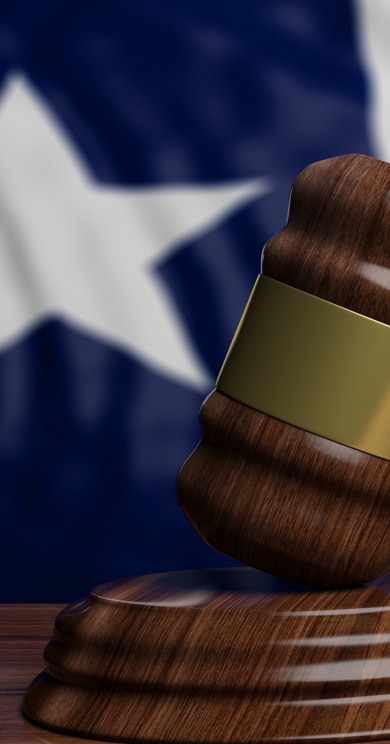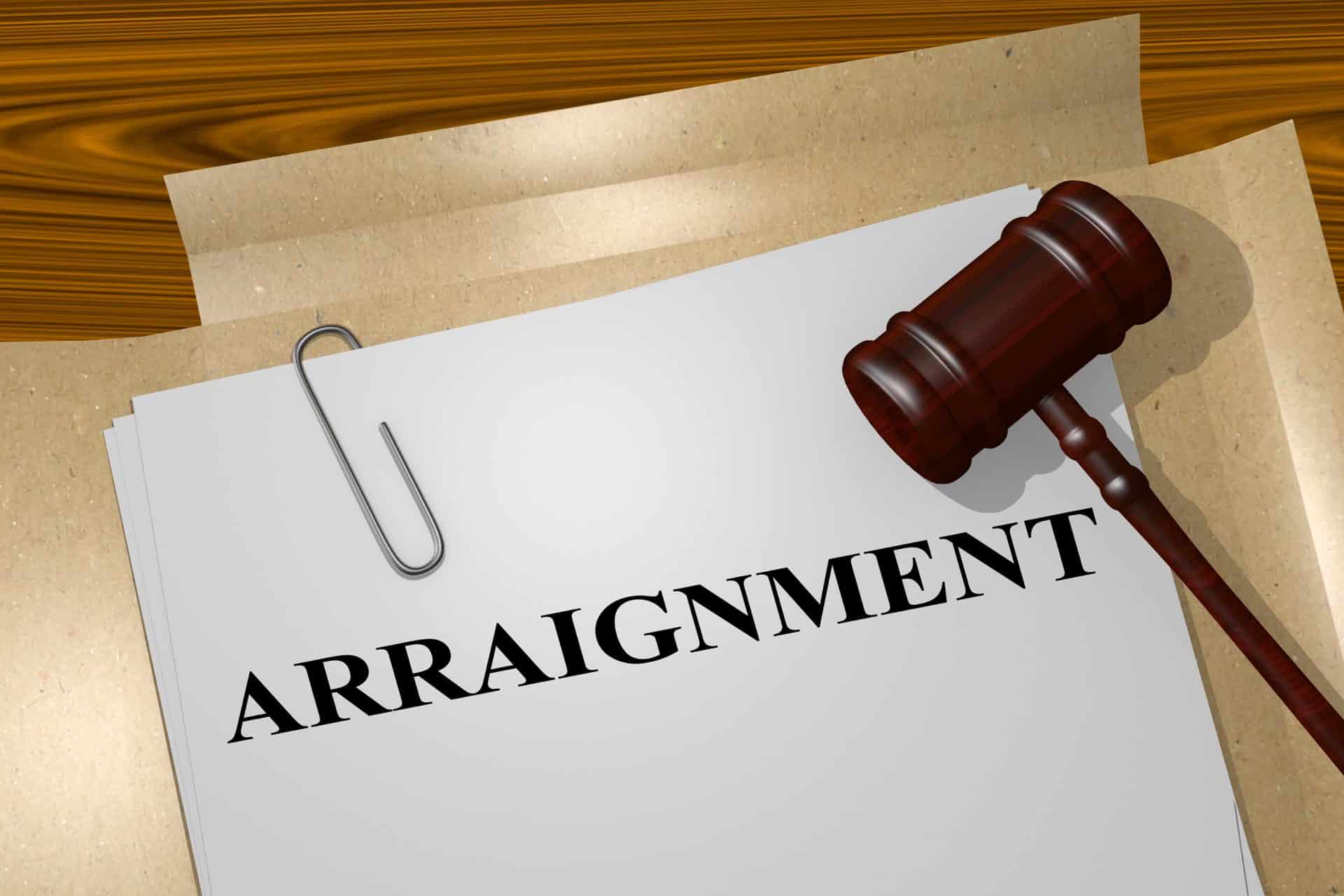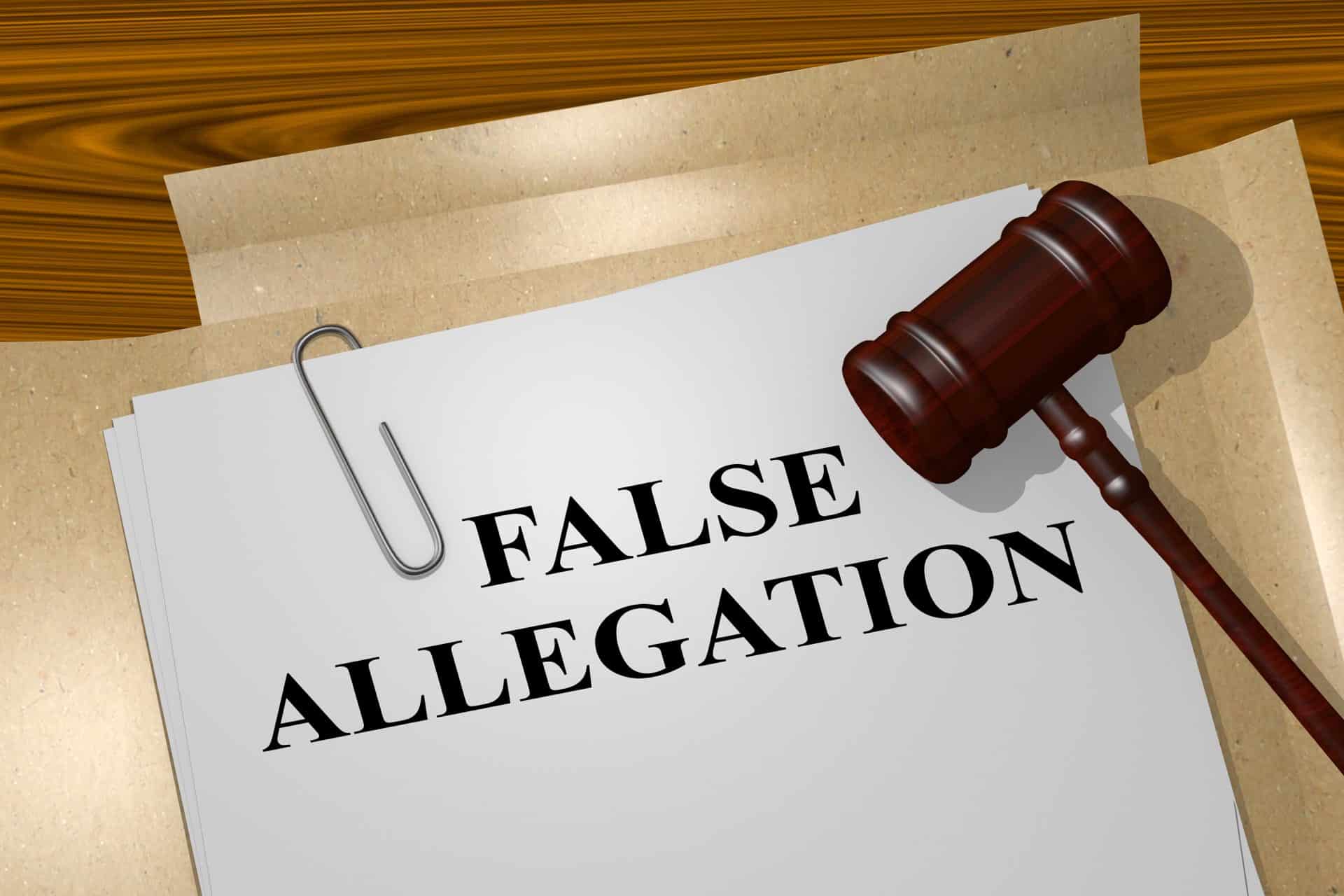
The juvenile court system differs in many ways from the criminal justice system, but it’s important to recognize that both juveniles and adults have the right to an attorney. Since many parents are not familiar with the juvenile court system, they may not understand their child’s rights. Unfortunately, some officials may try to exploit a family’s unfamiliarity with the juvenile system by downplaying the importance of a defense attorney. As a result, the adolescent and their family may simply go along with the process, unknowingly forfeiting their rights along the way. It’s worth taking a look at how a juvenile defense attorney can protect your child and your family.
Defining Juvenile Crime
The state of Texas allows any person between the ages of 10 and 17 to be charged as a juvenile. Juvenile offenses are numerous and varied, ranging from misdemeanors to capital murder. Current law states that a juvenile who is above the age of 17 is considered an adult, and their case will be handled as such. If an officer has reason to believe that a juvenile was responsible for a crime, they may bring the juvenile into custody. The arresting officer is obligated to inform the juvenile of their legal rights, including the right to an attorney. However, it’s questionable whether children between the ages of 10 and 17 fully comprehend what these rights are.
Beware of Underhanded Tactics
The arresting officers should make a good faith attempt to locate and notify the child’s parents before questioning the juvenile. Additionally, the State must inform the parents of the child’s legal rights, including the right to an attorney. In some instances, however, officials will start to question the juvenile before the parents arrive, often under the guise of getting the child to “tell their side of the story,” or to “set the record straight.” This could encourage juveniles to supply information or agree to questioning long before an attorney is present, especially if the child is simply trying to cooperate with the officer. As a parent, it’s essential that you understand that your child has the legal right to an attorney, and that your child is not obligated, under any circumstances, to answer questions until you and the juvenile defense attorney are present.
How a Juvenile Defense Attorney Can Help
There are a number of ways that a juvenile defense attorney can help you and your child. It’s the role of the attorney to represent the best interests of the child and to make sure the parents fully understand the juvenile court process. Your attorney will answer your questions, address your concerns, and advocate for the best possible outcome for your child. The attorney can work with the judge and prosecutor to pursue a more creative and compassionate response, such as having the juvenile participate in a community-based program in lieu of spending time behind bars. An effective juvenile defense attorney understands the importance of collaborating and negotiating with the judge and prosecutor to ensure that your child is able to access the resources they need in order to get their life back on track.
Get Started Today
If your child is currently facing juvenile charges in the Pearland or Brazoria County, reach out to the Law Offices of Keith G. Allen, PLLC at (832) 230-0075 today to arrange a free consultation with a skilled juvenile defense attorney.





